It's in Your Hands
Image by Dean Moriarty from Pixabay
This snippet is excerpted from a longer unpublished piece entitled, “ We’re Always Here with You.”
It’s in Your Hands
Time or its apprehension is ever at hand, and though we are often encouraged to be present in the moment, to be here now—don’t live in the past; forget about it; it's water under the bridge—is it not true that our personal and ancestral memories comprise a not insignificant portion of who we are in this moment here now?
In its original meaning, apprehension meant an act of perceiving. Its root, prehendere, derives from words meaning to seize or grasp with the hand. Might the newer sense of apprehension, the fear of what is to come, reveal our cultural misunderstanding of a universal ecological process? Like a child desperately grasping the handrail on the stairway leading to their first day of school, do we too-tightly resist treading paths toward the new and unknown?
Do trees resist the impulse to alter their form in response to incessantly buffeting winds? Did the strata of rock that make up the Grand Canyon's plateau rebel against the eroding waters of the Colorado River? And with cyanobacteria significantly increasing oxygen levels in the atmosphere two billion years ago to prepare the way for multicellular organisms and with mammal and bird diversity exploding in the wake of the dinosaur’s demise 66 million years ago, is it not true that mass extinction has preceded the prodigious flowering of new life throughout the history of our planet's lengthy existence?
♒︎
In another ceremony in another time, I find myself lost. A shroud of leaden dark confusion. Terribly difficult to express. Able to perform nothing but the dullest of movements, I perceive only the crudest of gestures. A heaviness that precludes all joy. A distant gap screaming to be bridged. Somehow from within this confined space of resignation, agency sparks.
"I'm stuck in something. Can you help me?"
"What's going on? What do you need?"
"Something is holding me down, holding me back. I need to let it go."
"Why don't you just let it go?"
"I'm trying, but it's so sticky. It won't go away."
"Look at your hands."
Lids break their seals. Gazing eyes rotate downward in small increments opening into a slowly expanding desaturated field of vision. I see two hands tightly clenched before my belly. I know that if I let go I will die.
Struggling to let go, fearing what may come, we may never fully fathom what it means to be human on this Earth. Surrendering ourselves—somehow, someway—to faith in the forces that make our lives and the lives of all beings possible, creates openings for turns toward renewed comprehension.
What do we lose in holding on with such miserly determination in this one-sided game of tug-of-war? Nimbly wrapping our minds and hearts around these branches of understanding in the same way monkeys use their tails to swing with such agility from tree to tree, what might we gain?
As it encompasses inseparable processes of dissolution and regeneration that in their reciprocity maintain the ecological integrity of our world, rallying around renewal rather than "healing" or "transformation" shifts our perspective. This adjustment reorients our relationship with the living Earth and its very real expression, the human psyche.
If we can't learn to hold these seemingly opposed processes in their fullness, we may never stop denying death its proper place in the perpetuation of Earthly existence. Allying ourselves with the trees and the rocks and the winds and the waters provides possibilities for acquiring the necessary psychological, emotional, and energetic sensitivity to proceed in partnership with the same forces that renew clearcut forests and strip-mined mountains. But if we are unable to loosen our grip on time, will time ever loosen its grip on us?

